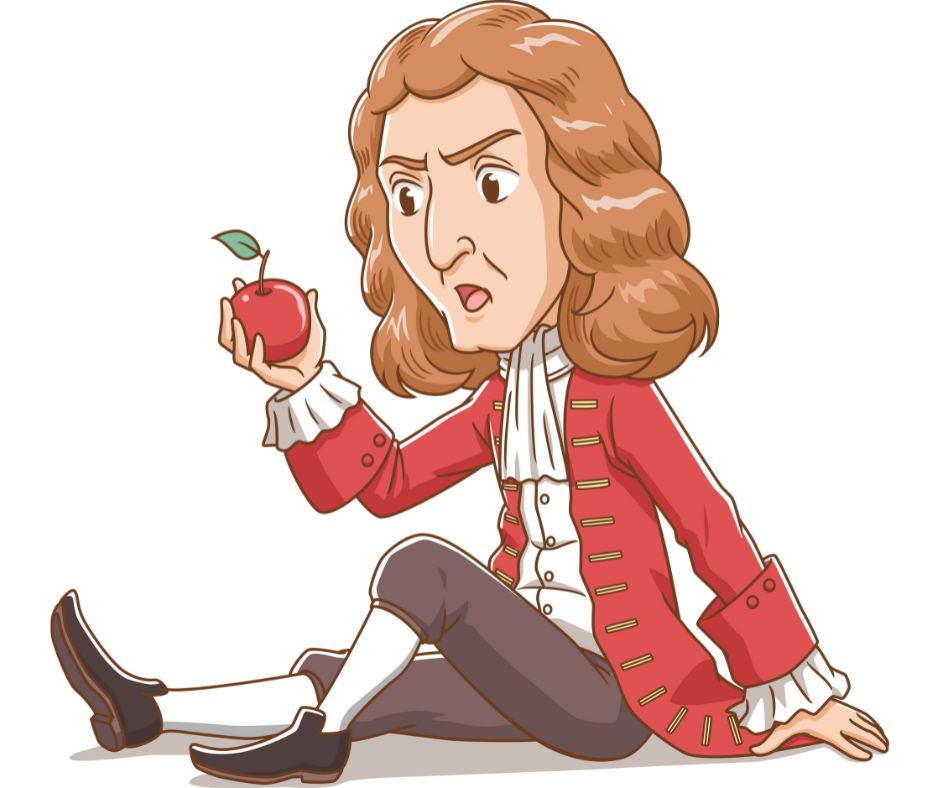written on 10/18/22
From Fright to Delight — How Understanding the Code Behind A Product Turned My Fears into Cheers
As the apple fell from the tree, i, too, encountered my own revelation...

For over two years, i have been a keen observer and ardent student of the intricate processes of software development.
As i witness the code on the screen morph into a functioning interface, i feel utterly entranced.
The system unfolding before me addresses a serious topic that resonates deeply with people around the world. Amidst the inner catacombs of this remarkable tool, i watch as words take form, and i ultimately grasp the rationale behind every line.
Unexpectedly, i am overcome with laughter. These are words!!!! English words!!! Occasionally interspersed with numbers when we want to achieve something truly powerful.
Observing how these words form an interface, how they metamorphose into images, elegant squiggles we call text, and buttons, i arrive at the realization that we, humans, are fearful of words and multiplying numbers.
Observing the programming unfold and being able to contribute to it, i witness the human imagination at work, materializing right before my eyes.
This code is a language, like English or Romanian. This computer language is birthed from electricity, transformed into words, which in turn give rise to visual, interactive interfaces that form the backbone of our society.
These dynamic images shape our environment. They govern the way we live.
In this moment of apple-falling-on-my-head, as i observe words metamorphosing into moving images, which ultimately define our interactions, i recognize how "society" is a product of our imagination. The parts that make up society emerge from words, which in turn spring forth from our inventive minds.
How weirdly incredible!
I am quickly reminded that i inhabit a world where people are frequently scared of technology, perceiving it as an enigmatic beast lurking in the shadows, poised to cause harm. It is no wonder that technology appears "mysterious" and "terrifying"; many lack an understanding of how it actually operates and others haven not been introduced to an inspiring method of learning to program.
Fear of the unknown is a instinctive reaction.
Not long ago, i held opinions about software products without using them extensively, without truly understanding how they functioned, or how to create something on my own. It was akin to having an opinion on swimming or being scared by it without ever having dipped a toe in the water.
Yet, here i stand, progressively captivated by the elegance and diligence behind the digital tools we use.
I understand it is difficult to discern the often subjective good and bad when not fluent in the language of the matter at hand.
I have come to realize that the most effective way for me to evaluate a product and its claims is to intimately understand how it was constructed — to speak the same language.
Certainly, i can study English grammar and its history. I can try to examine it. But if i personally cannot speak and communicate with it, how could i ever determine whether what it does and says is true or false, or somewhere in between?
After all these years in the thrilling tech field, i come to recognize that i can attain the level of understanding i strive for only when i can code myself. When i personally understand the mental framework and speak the programming language.
As i stare at the vibrant screen, watching words assume captivating forms, the beauty and endearing peculiarity of our human nature gradually unfurls.
And as i increasingly participate in this building process, i find myself discarding the somber and rigid lens through which i once viewed the world around me. Instead, have new lenses that allow me to see a more delightful, peaceful, and thrilling world where people can beautifully collaborate.
I am filled with gratitude and admiration for those who program computers.
I notice that the more i observe, understand, and program, the less fearful and burdened i feel by digital (or hardware) tools and the people who build them.
I have come to a resolute decision: programming is an art. An art of a patiently curious mind.